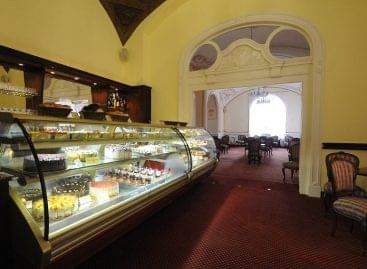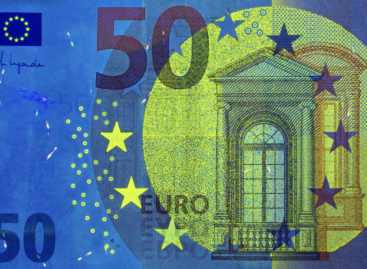Retail trade walking on a new path
Bence Gerlaki, state secretary for taxation, consumer protection and trade at the Ministry for National Economy talked to Trade magazin.
This article is available for reading in Trade magazin 2025/6-7.
– What is the role of retail in Hungary’s economy?
– Retail is a key sector of the Hungarian economy, playing a crucial role not only in serving household consumption but also in promoting economic growth. Businesses operating retail outlets generate 4.1% of the gross added value in the national economy and the sector employs around 360,000 people.
– What justified the introduction of government measures affecting retail and how do you evaluate their results?
– As a reaction to the surging inflation across Europe, the government placed targeted measures at the centre of its economic policy from the outset of the price hikes, with a focus on moderating food prices. Government measures such as the official price freeze on basic foodstuffs (until 31 July 2023) and the mandatory discounts on food essentials (1 June 2023-30 June 2024) were effective against price rises.

Bence Gerlaki, Secretary of State for Tax Affairs, Consumer Protection and Trade, Ministry of National Economy
-What triggered the government intervention in 2025 and how does the profit margin cap on food and drug products influence the market?
– From September 2024 food inflation began to rise again in Hungary and this was largely caused by increasing prices for basic foodstuffs (eggs, milk and dairy products). The Ministry for National Economy asked the largest domestic food retail chains to make voluntary commitments, but these proved to be insufficient, so on 17 March 2025 the government introduced a margin reduction in 30 food categories. Thanks to the government, the prices of more than 90% of the products subject to margin regulation have dropped – by 20% on average.
-Why does the government consider it necessary to help small shops in rural areas and what are the objectives of the 2025 support programme?
–Foreign-owned chain stores operate mainly in larger cities, while in the smallest villages it is typically Hungarian businesses that ensure the availability of basic foodstuffs. These businesses are key not only from an economic, but also from a community perspective. Announced in 2025 as part of the Hungarian Village Programme, the government offers one-off non-repayable operating grants between HUF 1m and HUF 3m to grocery stores operating in places with fewer than 5,000 inhabitants.
– What are the government’s long-term objectives for the retail sector in 2025?
– We wish to create a regulatory environment that supports the interests of families and consumers, encourages businesses to comply with the law and strengthens the economic role of retail trade. What is more, on 1 January 2025 the National Authority for Trade and Consumer Protection (NKFH) was also established.
Related news
NGM: the government is extending the 5+1-point catering industry action plan to include pastry shops
🎧 Hallgasd a cikket: Lejátszás Szünet Folytatás Leállítás Nyelv: Auto…
Read more >Related news
Tuned to efficiency
🎧 Hallgasd a cikket: Lejátszás Szünet Folytatás Leállítás Nyelv: Auto…
Read more >Hygiene on new foundations
🎧 Hallgasd a cikket: Lejátszás Szünet Folytatás Leállítás Nyelv: Auto…
Read more >








